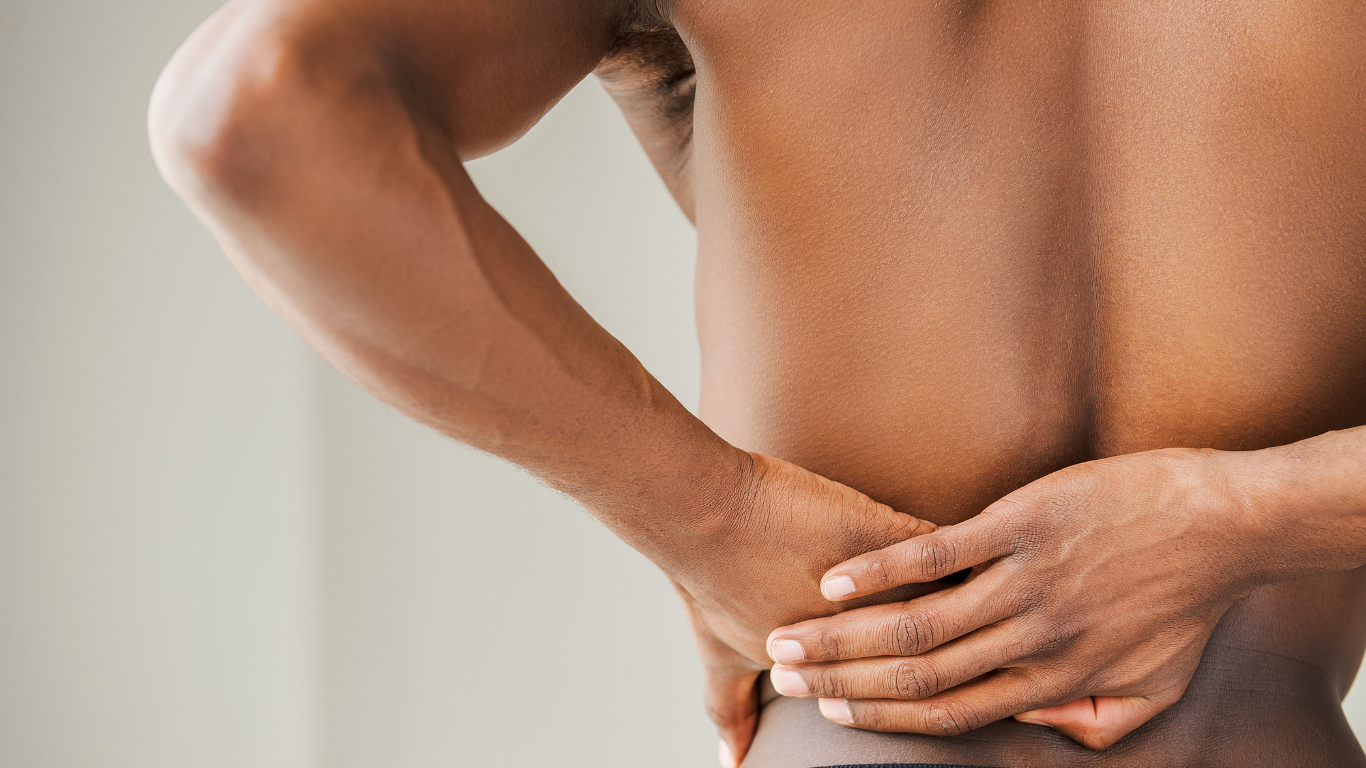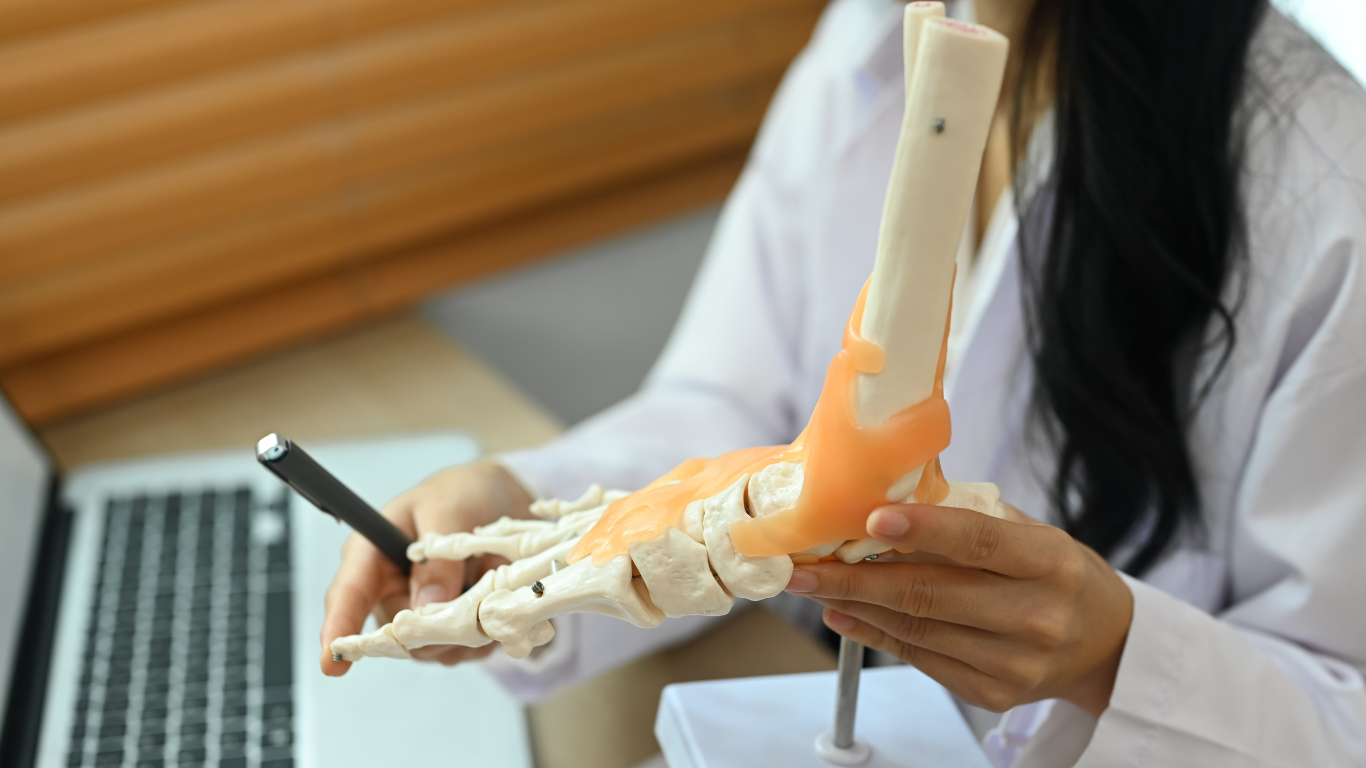Recovering from ACL (anterior cruciate ligament) surgery is a delicate process that requires careful attention to post-operative guidelines. While it’s crucial to follow Dr. Max’s recovery plan, knowing what to avoid is just as important for a smooth and successful rehabilitation. In this detailed guide, Dr. Max, a leading orthopedic surgeon, shares essential tips on what not to do after ACL surgery, helping patients steer clear of common mistakes that can hinder their progress.
Don’t Skip Physical Therapy
Physical therapy is one of the most critical components of ACL surgery recovery, and skipping sessions can lead to significant setbacks.
- Importance of Physical Therapy: Physical therapy helps restore knee strength, stability, and range of motion. Dr. Max emphasizes that consistent participation is crucial to prevent stiffness, scar tissue buildup, and muscle weakness.
- Consequences of Skipping: Missing therapy sessions can delay recovery, increase the risk of re-injury, and prolong the rehabilitation process.
Following the physical therapy schedule prescribed by Dr. Max is essential for regaining full knee function and preventing long-term issues.
Don’t Put Too Much Weight on the Knee Too Soon
One of the biggest mistakes patients make after ACL surgery is putting too much weight on their knee before it's ready.
- Risk of Overloading: Bearing too much weight early on can stress the ACL graft, leading to complications such as graft failure or re-injury.
- Follow Weight-Bearing Instructions: Dr. Max advises patients to use crutches or a knee brace for as long as necessary, based on their specific recovery plan. Partial weight-bearing is gradually introduced as healing progresses.
Adhering to Dr. Max’s recommendations on when and how much weight to place on the knee will help ensure proper healing and avoid setbacks.
Don’t Ignore Pain or Swelling
Experiencing some pain and swelling after ACL surgery is normal, but ignoring persistent or worsening symptoms can be dangerous.
- Pain as a Warning Sign: Pain is your body’s way of telling you that something may be wrong. Sudden or sharp pain, especially during movement, could indicate a problem such as infection, a blood clot, or graft failure.
- Managing Swelling: Swelling is common after surgery, but excessive or prolonged swelling should not be ignored. It can signal inflammation or poor circulation.
Patients should contact Dr. Max if they experience abnormal pain or swelling that doesn’t improve with rest, ice, or elevation.
Don’t Rush the Recovery Process
Recovering from ACL surgery takes time, and rushing through the rehabilitation process can lead to long-term complications.
- The Importance of Patience: Dr. Max emphasizes that ACL recovery is a step-by-step process that can take 6-12 months, depending on the patient. Attempting to speed up recovery by doing too much too soon can lead to re-injury or delayed healing.
- Follow the Timeline: Stick to the recovery milestones provided by Dr. Max, which are designed to gradually improve strength, mobility, and stability without overloading the knee.
Patience is key to a successful recovery. Rushing the process can compromise the integrity of the ACL graft and delay a return to normal activities.
Don’t Engage in High-Impact Activities Too Early
One of the most critical things to avoid after ACL surgery is returning to high-impact activities or sports before the knee has fully healed.
- Risks of High-Impact Movements: Jumping, running, or twisting motions place significant stress on the knee joint and the healing ACL graft. Engaging in these activities prematurely can lead to a tear or rupture of the graft.
- Gradual Return to Sports: Dr. Max will guide patients on when it’s safe to return to specific activities. For most patients, high-impact sports and activities are not recommended until at least 9-12 months after surgery.
Attempting high-impact activities too soon can derail recovery and potentially result in another ACL injury.
Don’t Skip Using Assistive Devices
Crutches, knee braces, and other assistive devices are provided to protect the knee during the early stages of recovery. Skipping their use can lead to complications.
- The Role of Assistive Devices: These devices help stabilize the knee, prevent falls, and reduce pressure on the ACL graft while it heals.
- When to Stop Using Them: Dr. Max will inform patients when it’s safe to transition away from crutches or braces based on their recovery progress. Removing them too early can lead to instability or accidental injury.
Following Dr. Max’s guidelines on using assistive devices ensures that the knee is adequately supported during the initial recovery stages.
Don’t Overlook Proper Nutrition and Hydration
Recovery from ACL surgery isn’t just about physical therapy—what patients eat and drink can also impact healing.
- Importance of Nutrition: A well-balanced diet rich in vitamins, minerals, and protein supports tissue repair, reduces inflammation, and strengthens muscles. Dr. Max recommends incorporating foods like lean meats, fish, fruits, vegetables, and whole grains into the recovery diet.
- Hydration: Staying well-hydrated promotes proper circulation, which is essential for tissue healing and reducing swelling.
Neglecting nutrition and hydration can slow the body’s ability to heal and impact overall recovery success.
Don’t Smoke or Consume Excessive Alcohol
Smoking and excessive alcohol consumption can severely hinder the recovery process after ACL surgery.
- Impact of Smoking: Smoking reduces blood flow to the surgical site, which can delay healing and increase the risk of infection or complications.
- Alcohol’s Effect on Recovery: Excessive alcohol can interfere with medication, slow down the body’s healing process, and increase the risk of falls or accidents during recovery.
Dr. Max advises patients to avoid smoking and limit alcohol intake to ensure optimal recovery conditions.
Don’t Stop Taking Prescribed Medications
Prescribed medications are essential for controlling pain, preventing infections, and promoting healing. Stopping medications too early can lead to unnecessary pain or complications.
- Pain Management: Proper pain management is essential for staying comfortable during recovery and allowing participation in physical therapy.
- Infection Prevention: Antibiotics, if prescribed, must be taken as directed to prevent infection at the surgical site.
Patients should follow Dr. Max’s instructions regarding medication usage and not discontinue any prescribed medications without consulting their doctor.
Don’t Neglect Follow-Up Appointments
Follow-up appointments with Dr. Max are critical for monitoring recovery progress and addressing any issues that may arise.
- Monitoring Recovery: These appointments allow Dr. Max to assess the healing of the ACL graft, adjust the rehabilitation plan, and detect any complications early on.
- Ongoing Support: Patients may also need adjustments in physical therapy, bracing, or medication as they move through different recovery stages.
Missing follow-up appointments can delay recovery, as issues may go undetected until they become more serious.
Conclusion: What Not to Do for a Smooth Recovery After ACL Surgery
Avoiding actions and following Dr. Max’s post-surgery guidelines is essential to a successful ACL surgery recovery. By not skipping physical therapy, avoiding premature weight-bearing, and steering clear of high-impact activities, patients can protect their knees and ensure a smooth return to normal activities. Dr. Max’s expert advice helps patients navigate their recovery safely and effectively, reducing the risk of complications or setbacks.
By taking a cautious and informed approach to post-op care, patients can enjoy a full recovery and return to the sports and activities they love.


.png)


